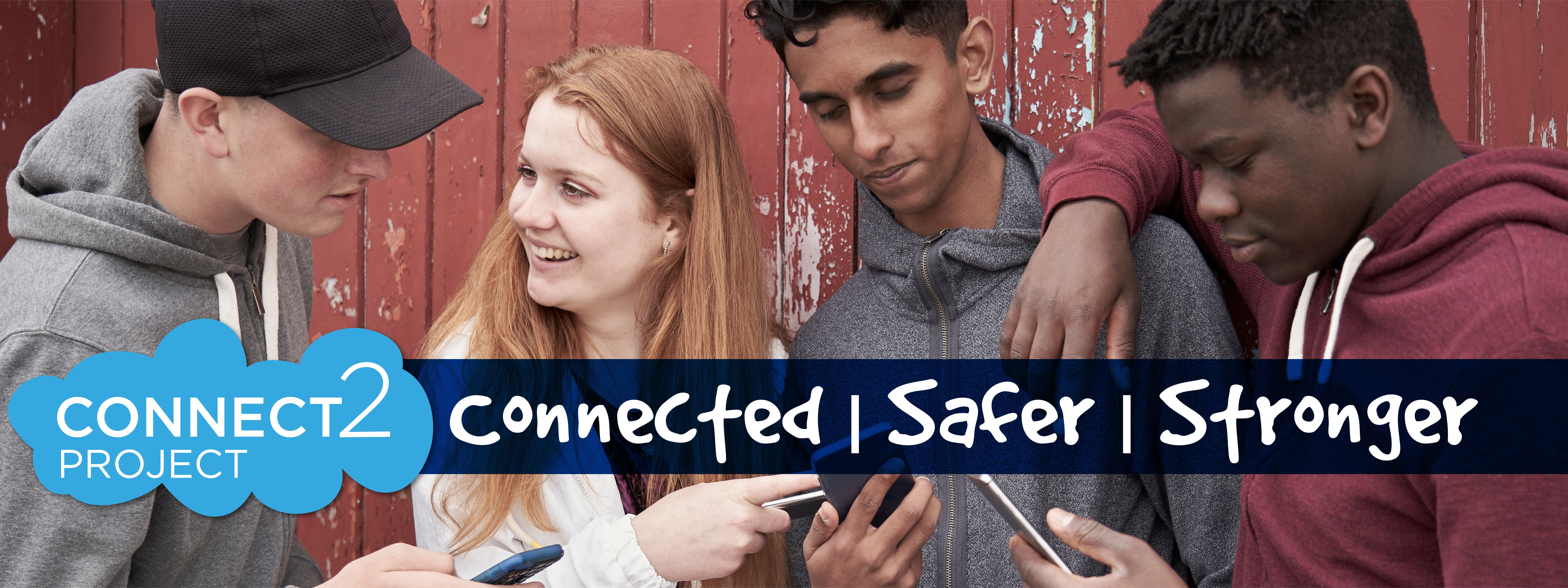
Young people can find themselves under pressure to carry out acts or favours for the person exploiting them. They will often be promised something in exchange, like gifts, status in a group or gang, or perhaps somewhere to live/stay. But the acts or favours which are asked for in return are usually criminal in nature. This kind of exploitation can be carried out by a person, organised criminal gangs or even a partner.
For advice on the risks of grooming and exploitation by criminal gangs, read our advice on what to do if you are worried someone you know is supplying drugs. (Link – to above page)
Exploitation can happen in personal relationships; when you begin to feel scared or controlled by the person you’re with. You may be confused because it feels like a loving relationship but often only when you behave in a certain way. If your boyfriend or girlfriend is being physically or emotionally abusive in anyway, including over the phone, messaging, or using social media, this is relationship abuse. It can include:
If you are worried that a young person you know is in an abusive relationship or living in a family where one adult is being abusive to another, you should reach out to them and share the following resources:
Childline: call 0800 1111 or sign up so you can online chat and send messages (9am – midnight). Read their advice section on the steps someone can take to report and end sexual abuse.
The police: if it’s an emergency, call 999. If you can’t speak, listen to the questions, and tap or cough to answer. Press 55 to signal an emergency.
Read more about the risks in our frequently asked questions section below
For more advice on spotting the signs of unhealthy or abusive relationships and how to tackle them, read the advice pages on the Love Respect website
You can access confidential emotional support at any time from Samaritans either by emailing or by calling 116 123.
Or you can get emotional support through the Youth Emotional Support (YES) service at your local FindItOut Centre. There are FindItOut Centres in Adur, Bognor Regis, Chichester, Crawley, Horsham, Littlehampton, Mid Sussex and Worthing.
For advice for friends, family, neighbours on supporting young people living with abusive relationships, download this guide.
Crimestoppers – is an independent charity that gives you the power to speak up to stop crime, 100% anonymously.
Telephone: 0800 555 111
Website: www.crimestoppers-uk.org
You will need to talk to that person at the earliest opportunity.
It can be a daunting conversation but remember they may be scared or unwilling to talk about it.
We advise:
If you have a concern about the safety of a child, please contact your local council’s children’s services (often called a Multi-Agency Safeguarding Hub) or the police if a child is at immediate risk.
If you are looking for general advice or information about safeguarding or child protection, contact one of our Community Ambassadors who can talk to them and signpost them for further help
If the young person will not engage with you, contact us by email and we will aim to put you in touch with one of our trained Community Ambassadors who may be able to help you make the breakthrough you need
Embrace (https://embracecvoc.org.uk) are a charity supporting children, young people and families who are victims of serious crime. Embrace help victims and their families cope with what has happened, support their recovery and provide services that enable them to put events behind them, to move on and fulfil their potential.
Victim Support has dedicated advice and support networks for young people and their families – see, https://www.victimsupport.org.uk/help-and-support/young-victims-crime. Their youth programme, You & Co, helps children and young people affected by crime.
As a victim of crime, you are entitled to certain information and support from criminal justice agencies such as the police and the courts. The Victims’ Code explains what you can expect from the moment you report a crime to what happens at and after a trial. To read the Victims Code – https://assets.publishing.service.gov.uk/government/uploads/system/uploads/attachment_data/file/746330/victims-of-crime-leaflet-2018.pdf
If you need more information or would like to speak to one of our team or a Connect2 Community Ambassador, please contact us using the contact form at the bottom of this page
We will treat all information you provide in confidence which means our team will not share personal details about you with others unless you have said that we can or it’s absolutely necessary. It may be necessary to protect your best interests or the interests of the public, for example, if you have information that suggests you or another young person is at immediate risk of harm or if you have information to suggest that someone else is posing a risk of harm to another person. We will always let you know when that is the case.

